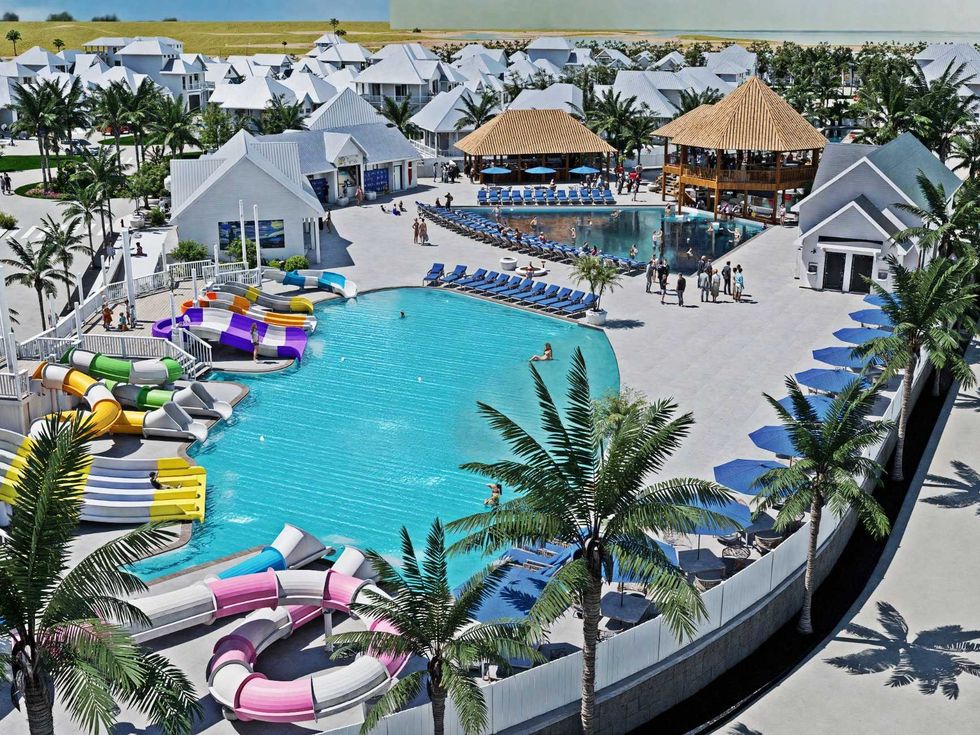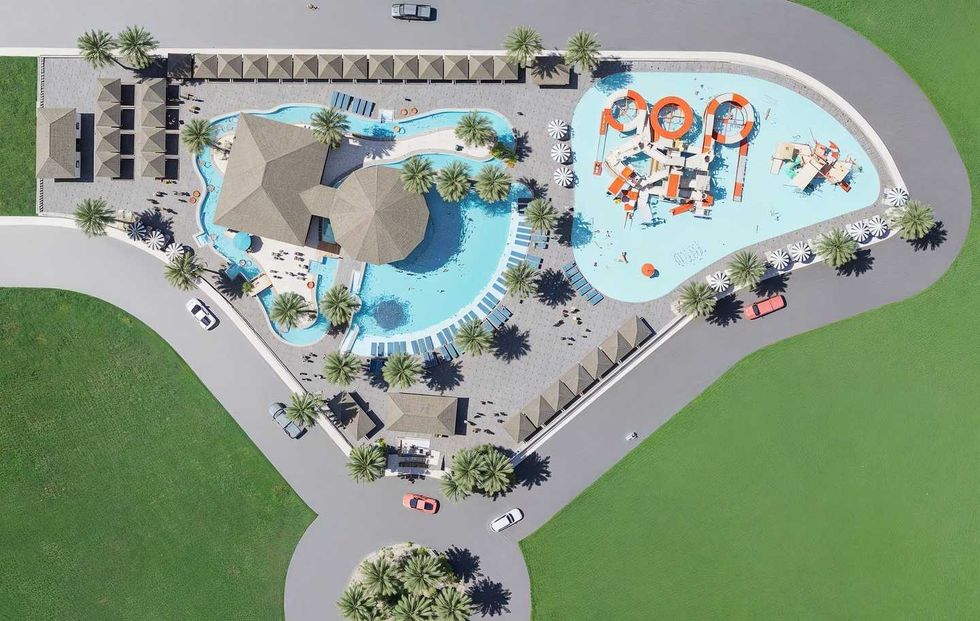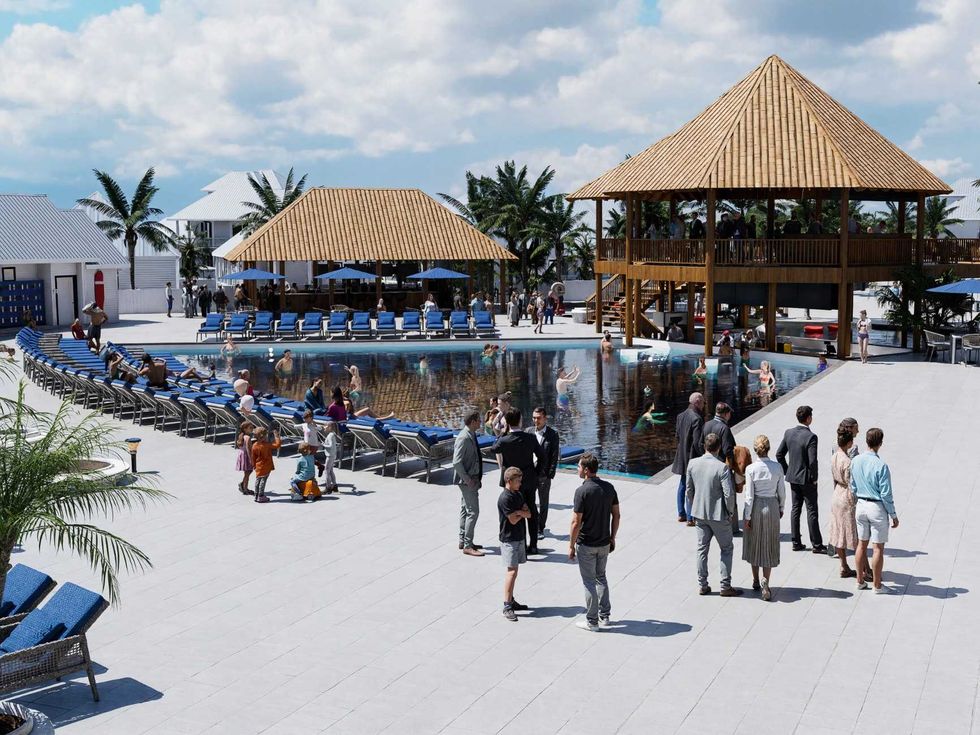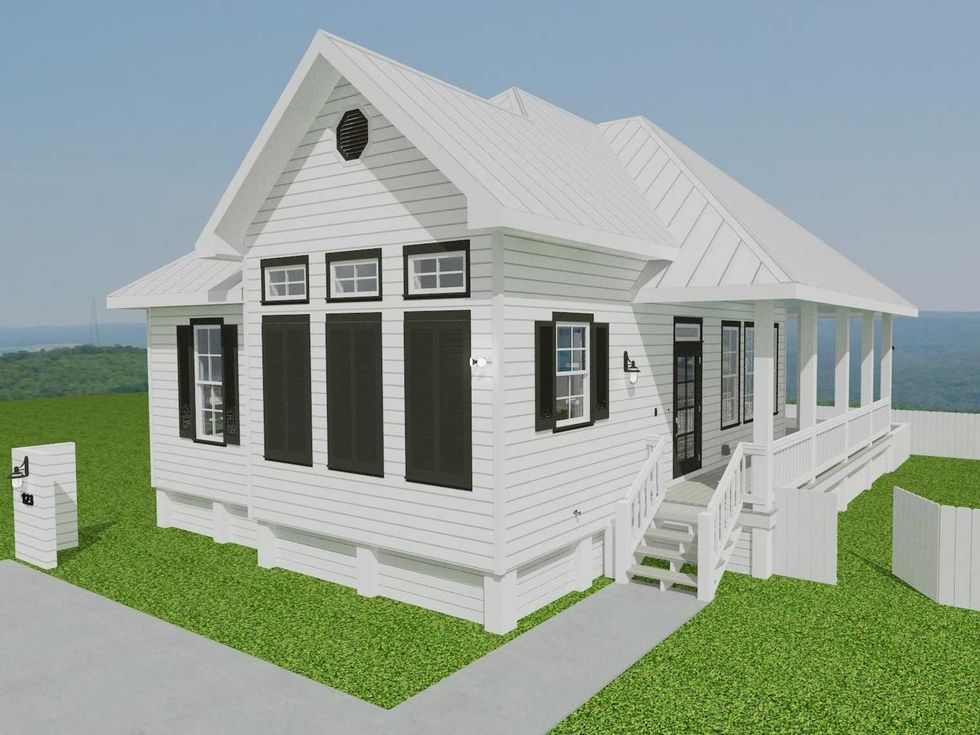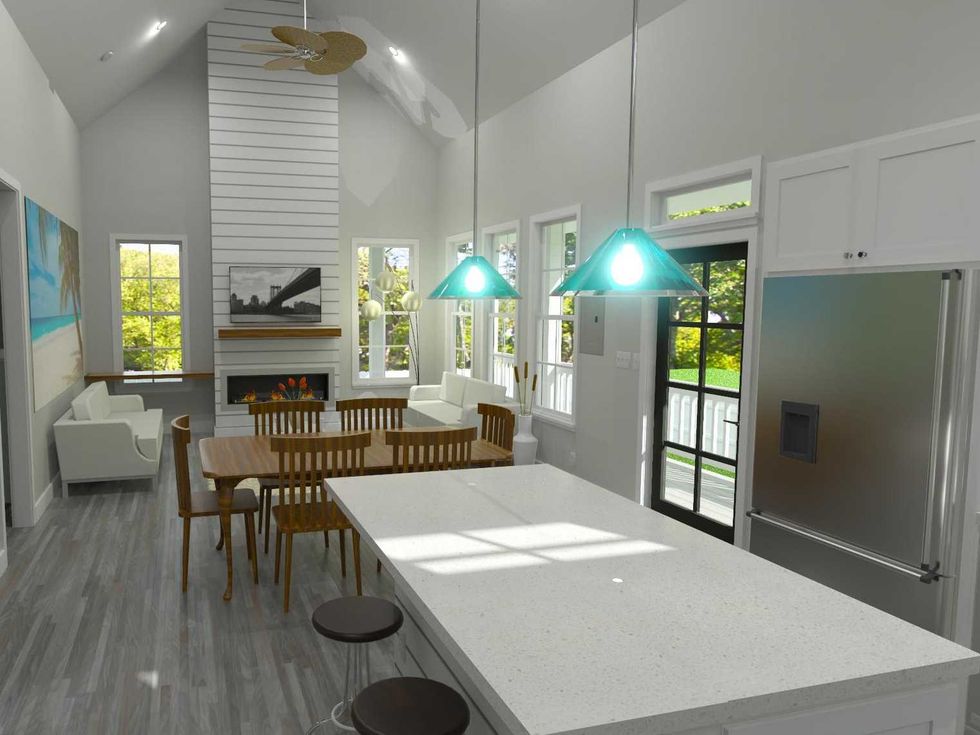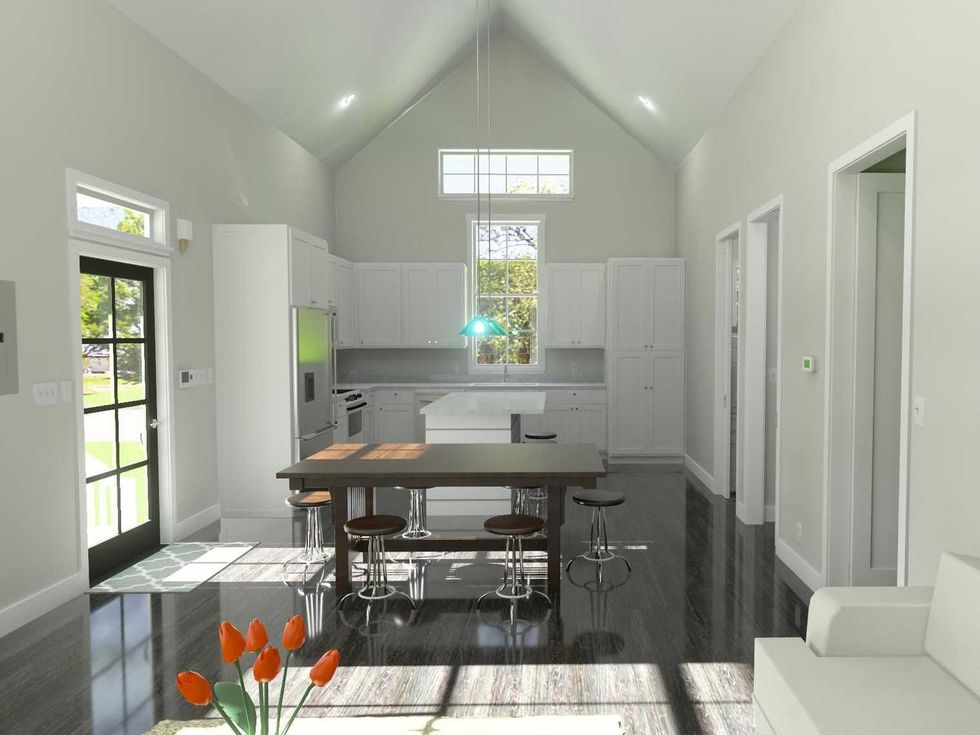A Prime Candidate
New survey shows how Amazon HQ2 could affect Dallas' housing market

If Dallas scores Amazon’s $5 billion second headquarters, the city's housing market would not be affected nearly as greatly as it would be in other markets vying for the e-commerce giant’s so-called HQ2 project, a new report shows.
A survey from Amherst Capital Management LLC, a real estate investment firm, forecasts demand for single-family homes in the Dallas metro area would inch up by just 4 percent if HQ2 comes to Dallas. By comparison, demand would jump by 13 percent if Amazon picks Austin.
Dallas and Austin are the two Texas finalists among the 20 HQ2 bids being weighed by Amazon. In all, 238 North American communities submitted pitches to the Seattle-based company.
“Amazon’s decision to locate HQ2 in one of several areas has the potential for a wide range of outcomes,” the Amherst report says. “For areas like New York and Dallas, HQ2 would be another large company located in the metro area bringing incremental strength to the regional economy.”
Amherst Capital bases its projections on the assumption that the estimated 50,000 jobs that Amazon plans to create at HQ2 would be added over a five-year period. According to the Wall Street Journal, Amazon plans to build the $5 billion project over the course of 15 to 17 years.
Among the 17 metro areas that made Amazon’s shortlist for HQ2 (though 20 were named, three bids are in the Washington, D.C. metro and two are in the New York City region), Dallas' predicted HQ2-related rise in housing demand sits at the bottom of the pack.
Amherst Capital envisions the Pittsburgh area would see the biggest spike in housing demand as a result of HQ2 at 27 percent. Columbus, Ohio, and Raleigh, North Carolina, would experience bumps in demand of 20 percent each, the report says. Meanwhile, Nashville would be at 15 percent, with both Boston and Austin at 13 percent.
The smallest HQ2-spurred increase, according to Amherst Capital, would be in New York City at just 3 percent. Because of this and other factors, Amherst Capital says that if HQ2 was built in New York City, the “relative effect” on the region would be smaller than if HQ2 wound up in a city like Austin or Raleigh.
“For Pittsburgh, HQ2 may be able to change the fortune of the metro area and reverse its population decline,” the report says. “For fast-growing areas like Columbus and Raleigh, HQ2 would simply accelerate the growth of an already-high-growth metro area. Whether small or large, the area in which HQ2 eventually locates will be set for a housing market bump.”
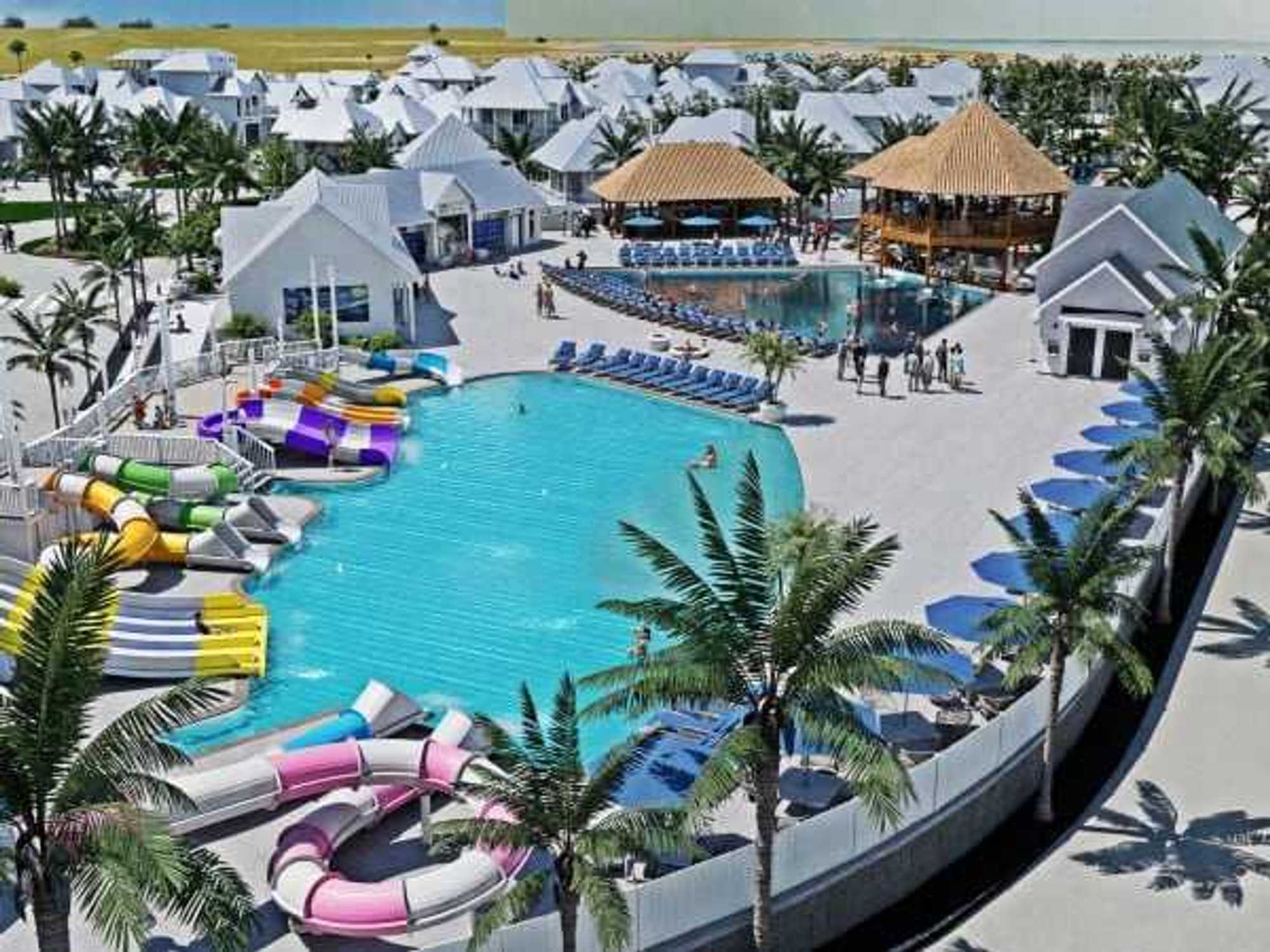
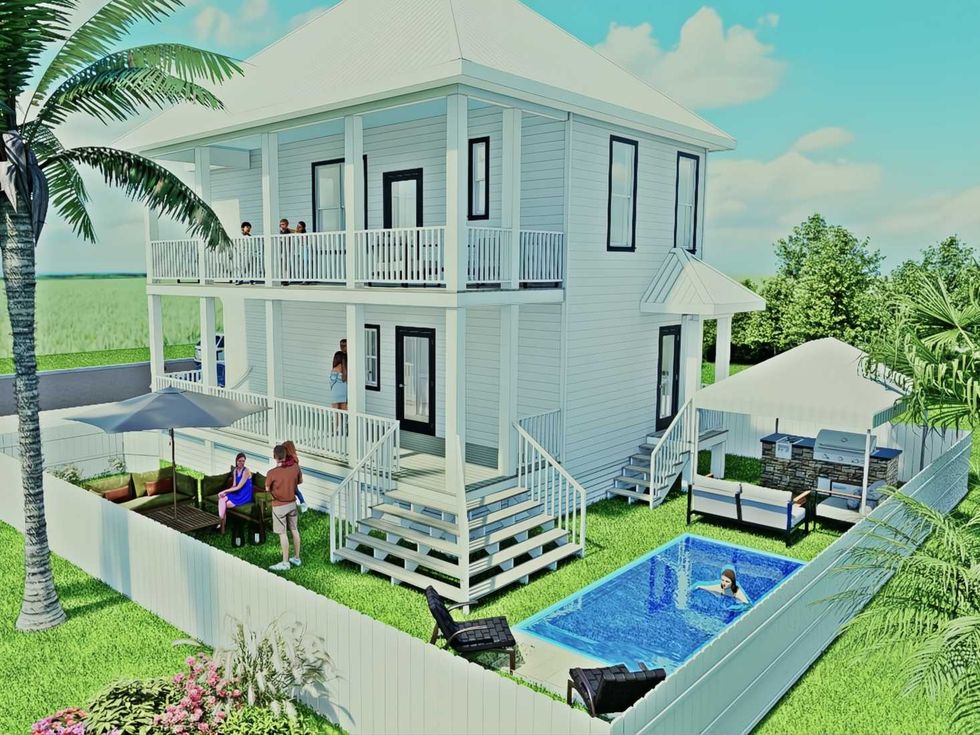 Residents can enjoy their own private lap pools.Spoonbill Bay/ Facebook
Residents can enjoy their own private lap pools.Spoonbill Bay/ Facebook